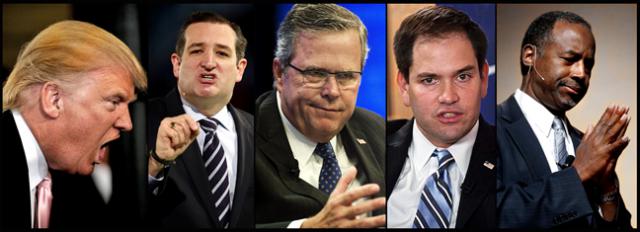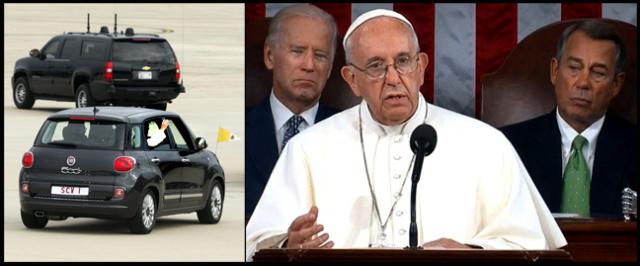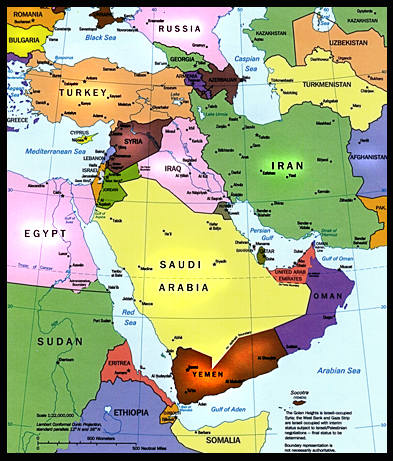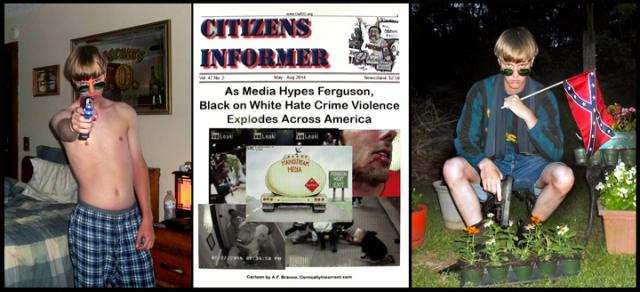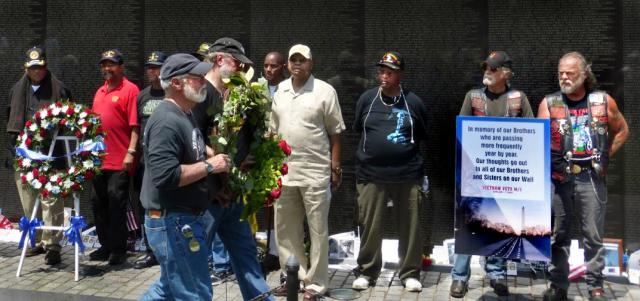Give me an adequate army, with power to provide it with more pay and better food than falls to the lot of the average man, and I will undertake, within 30 years, to make the majority of the population believe that two and two are three, that water freezes when it gets hot and boils when it gets cold, or any other nonsense that might seem to serve the interest of the state.
- Bertrand Russell
An epidemic of unhappiness is spreading across the planet, while capital absolutism is asserting its right to unfettered control of our lives.
- Franco “Bifo” Berardi
First there was Paris. Then Colorado Springs. Then San Bernadino. A great discussion was raised in the land over which of the killers were terrorists and which were just lunatics. Police and FBI frantically went through apartments, hard-drives and cellphones to find out who had radicalized whom. Well paid corporate TV anchors salivated as police cordoned off crime scenes and politicos huddled in secret situation rooms to get their stories straight so they could release an official story to an eager and fearful public. They no doubt kept many important details to themselves.
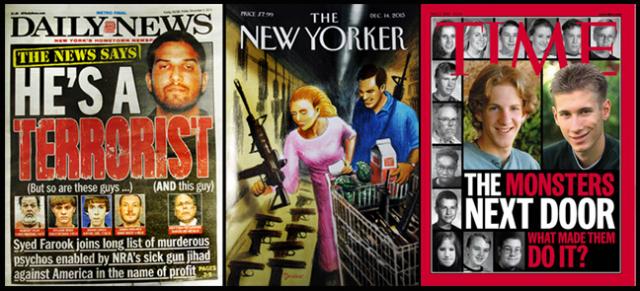 Media covers focused on America's problem with murder/suicide
Media covers focused on America's problem with murder/suicide
Beyond the radicalizing question, there isn’t much interest why these people — versus other people — did what they did. Motivation comes down to: Who made them do it? The words alienation and despair are rarely seen, except maybe in the marginalized columns of the left. The problems of alienation and despair disappeared from the national discussion about the time Jimmy Carter’s malaise was overwhelmed by Ronald Reagan’s shining city on a hill and the rigors of 21st century “neoliberal” financial capitalism took the driver’s seat in America.
The Right emphatically pointed at ISIS and the Muslim threat. Utilizing sophisticated social media skills, a monstrous, growing caliphate had declared war on America and was seducing people living among us to kill us. America needed to respond with unrestrained lethal force, so America could be great again. In cases like the Planned Parenthood killings and the Charleston killings, the Left pointed at rightwing media bullhorns like Bill O’Reilly for relentlessly demonizing Planned Parenthood and the Black Lives Matters movement. O’Reilly vociferously denied on-air that he had “radicalized” anyone; he was not responsible for armed lunatics. The National Rifle Association stood firm: Any controls on citizen access to military assault rifles was the work of the Devil.

